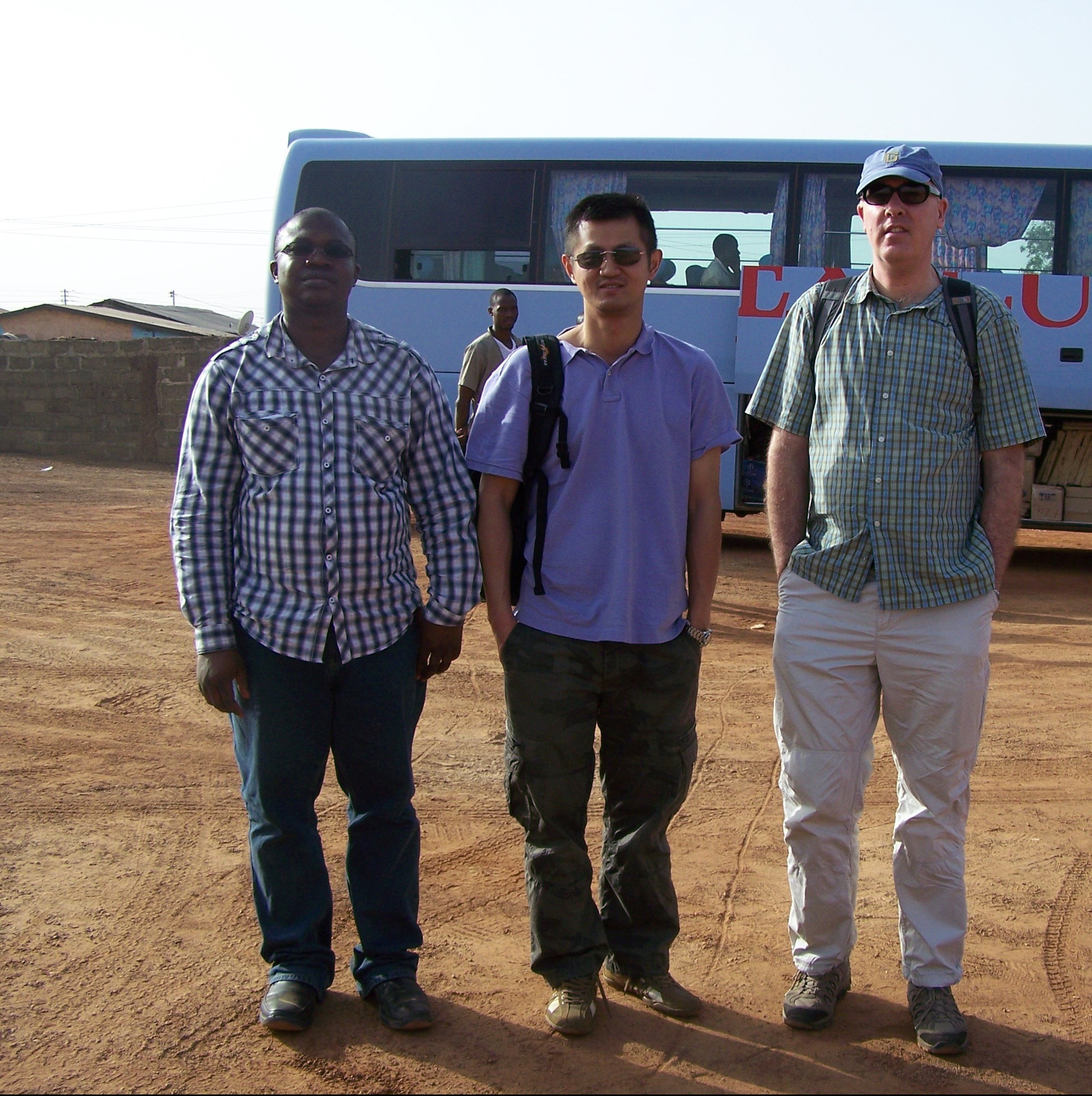Researchers at a north-east university believe they could have found the compounds for a new cancer-busting drug – buried deep in the heart of Africa.
An international research team led by Aberdeen University, Wuhan University in China and Ghana University has discovered important new mixes of elements found in Ghanaian soil.
Scientists have now identified for the first time the compound legonmycins – which they named after the region in the west African nation in which it was found – and believe it could be used to develop new drugs to fight cancer.
It belongs to a group of naturally occurring chemical compounds, which are similar to those used as anti-tumour agents and anti-flammatories. However, until now their origins has been poorly misunderstood, making it harder to develop drugs.
Now the Aberdeen-led research team has taken an important step forward in establishing how and why these compounds occur.
Dr Hai Deng, from Aberdeen University, described their work – which is published in the top international journal Angewandte Chemie Int. Ed – as “a breakthrough”.
He said: “We have made a breakthrough in understanding this with the compound we discovered called legonmycins and this has implications for our understanding of other bacterium-derived compounds within this family which are known to have cancer-fighting properties.”
Dr Deng said the next stage would be to look at how the compound ‘code’ they have unravelled in legonmycins can be applied more widely to help treat cancer.
He added: “We have been able to pin point how one particular protein acts as a catalyst to make things happen within the molecules of legonmycins.
“Now we have an understanding of this, we will look to synthesise the process in our laboratories. Once we can do that it opens up the potential to create many other analogues using synthetic biology.
“This is the ultimate goal for this type of research and our current findings are an important step forward in achieving that aim.”
